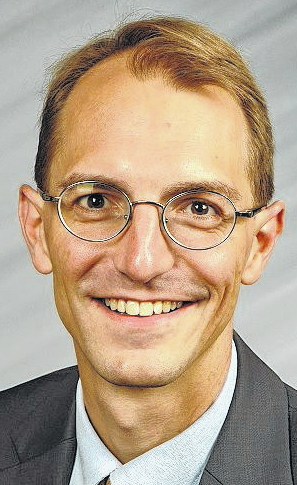
“We shall not cease from exploration and the end of all our exploring will be to arrive where we started, and know the place for the first time.”
— T.S. Eliot, 1943
“It is our manifest destiny to overspread the continent allotted by Providence for the free development of our yearly multiplying millions.”
— John L. O’Sullivan, 1845
Though they still have some power in other states, the Justice of the Peace is extinct in Ohio. Hearing the title still evokes images of frontier towns, of the Old West, and of that unique form of justice brought on by American expansion. But this is not a story about vigilantes or Wild West justice, because justices of the peace did something else for an American expansion; they took notes, made records and chronicled history.
So, it is that one such Justice of the Peace, Thomas D. Bonner, finds his place in history. In the California gold fields of the 1850s, Bonner came across a man whose story he knew he had to tell. Along with his duties as Justice of the Peace, he penned a biography and told us the tale of a man who opened the west and allowed the California gold rush to occur.
Born in Fredericksburg, Virginia, in 1798, James Beckwourth left home at age 13 to learn the trade of blacksmithing. Though he spent five years in St. Louis learning the trade, conflicts with the master blacksmith led him to run away at the age of 18. Becoming fascinated with stories of great mountain ranges in the far west, he joined an expedition and spent a few years mapping the eastern edge of the Rocky Mountains.
When James’ compatriots returned to St. Louis, he stayed in the west, living with the Crow Indians. There, he developed a reputation as a great hunter and a brave and talented warrior, fighting alongside the Crow in battles against other tribes. After 12 years with the tribe, James moved to Colorado, married, and settled down — though only for a short period.
It was there that he became a popular expedition leader, often being hired to take groups into the wilderness, on hunting trips, or to search for trade goods. So well-known were his skills that he was brought to Georgia to fight in the Seminole wars and then out to California to fight in its battle for independence, helping to win the freedom that led to its statehood. In that process, James met John C. Fremont, the famous “Pathfinder of the American West,” and though Fremont would be famous for opening the west, it was James, serving as Fremont’s scout, who discovered many of those trails.
Among James’ discoveries, one stands far above the rest. It set the forces in motion to begin the California gold rush and allowed the Western Pacific Railroad to link America’s two coasts. The pass through the Sierra Nevada Mountains and the trail that took pioneers from Nevada to California were both named after Beckwourth.
Many know that the Sierra Valley Railway that runs through the Pass would not exist if not for its discoverer. But few realize that while Beckwourth’s father was a Virginia landowner of English descent, his mother was a slave owned by his father. Under then existing law, that meant that James was the property of his father. In order to legally grant his son freedom, the elder Beckwourth had to go to court, on three separate occasions, to essentially deed emancipation and freedom to the boy.
Beckwourth’s childhood and the manner in which his story was told are interesting from a legal sense. But Beckwourth’s success, almost all of which came prior to the Civil War, makes his story especially remarkable. Beckwourth’s biography, penned by Justice of the Peace Thomas Bonner, entitled, “The Life and Adventures of James P. Beckwourth, Mountaineer, Scout and Pioneer, and Chief of the Crow Nation of Indians,” is still in print and available at bookstores and online.
This year marks the 60th anniversary of Ohio abolishing the position of Justice of the Peace, which it did on Jan. 1, 1958. At that time, only a half dozen states had eliminated the position, but today the title remains in only nine states.


